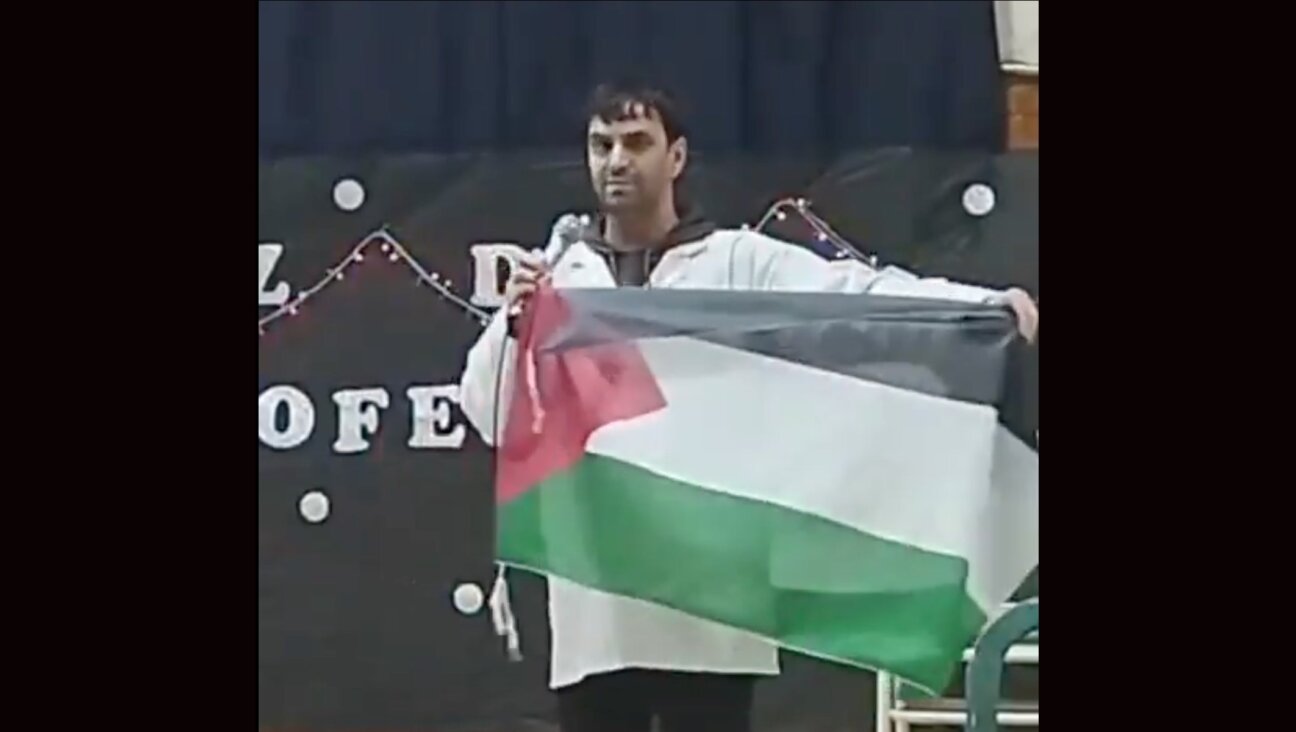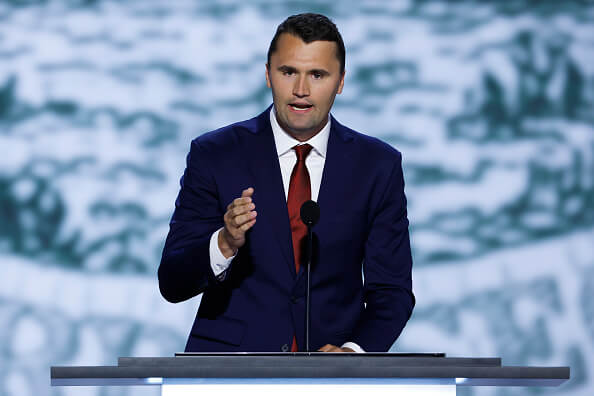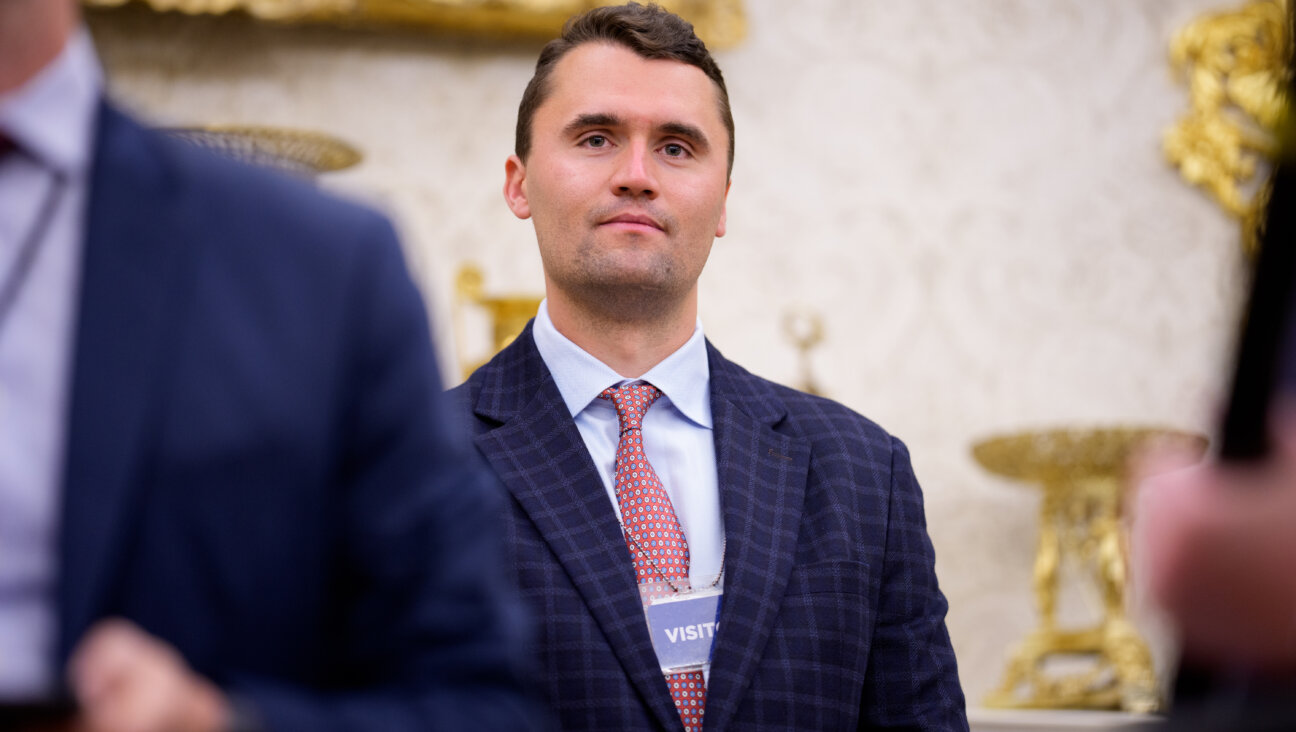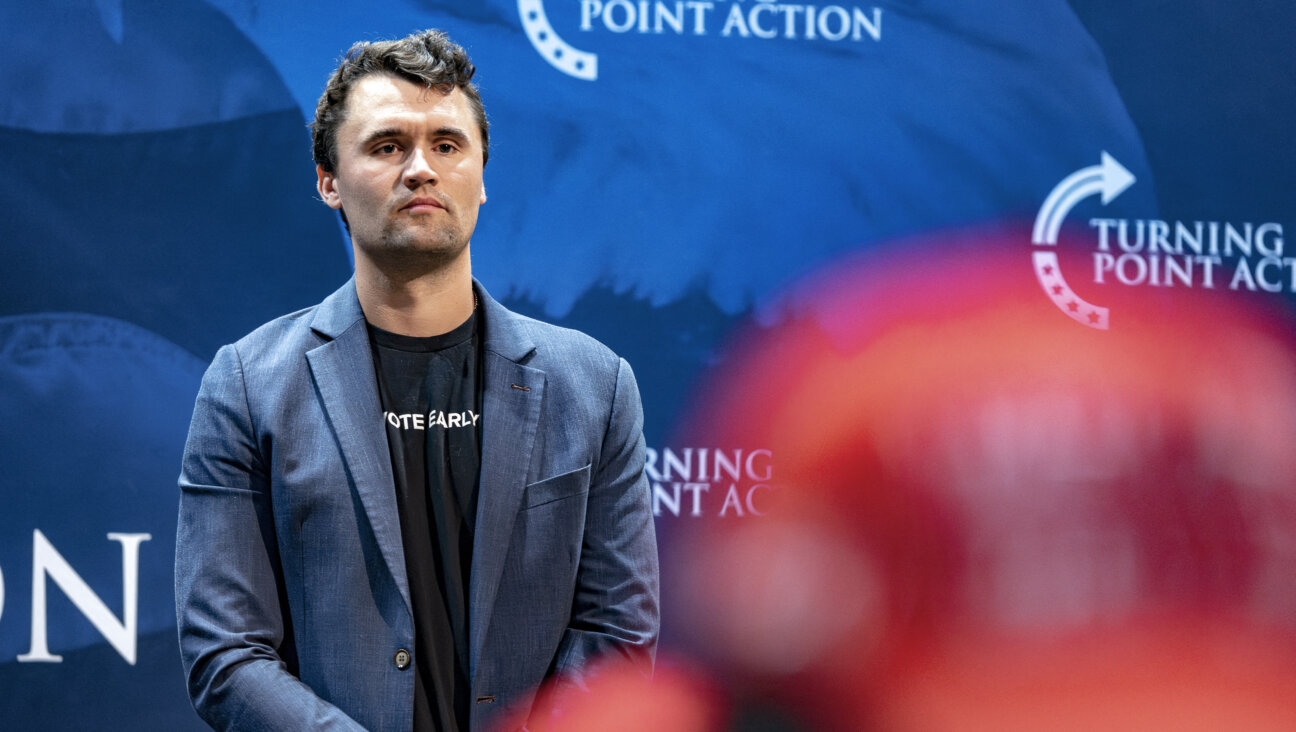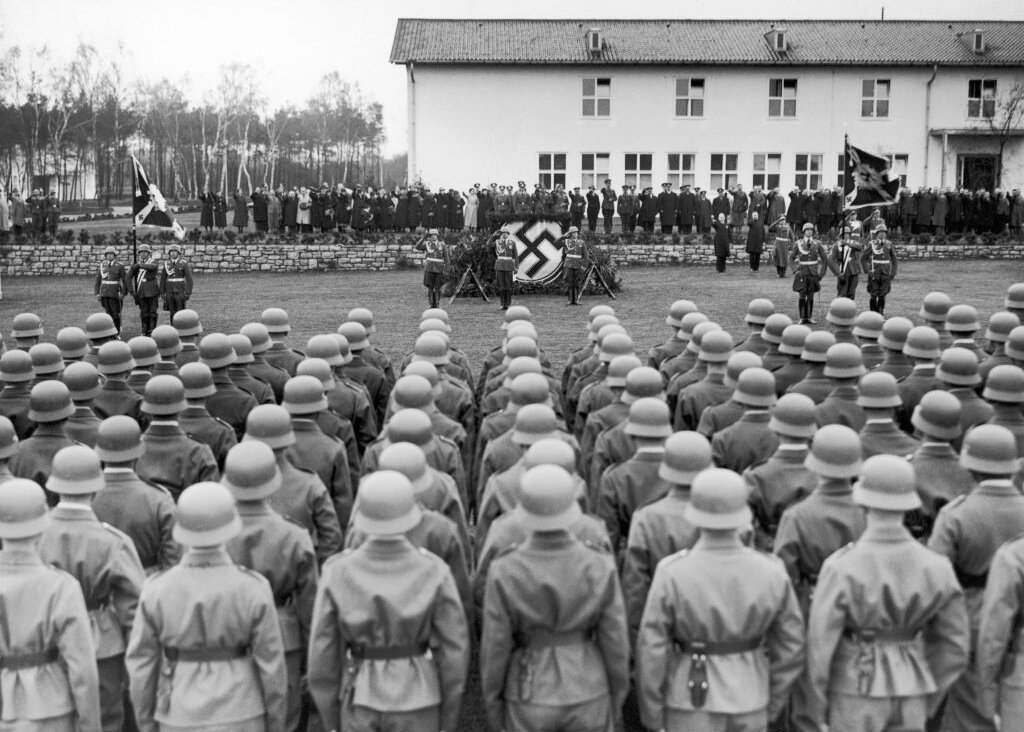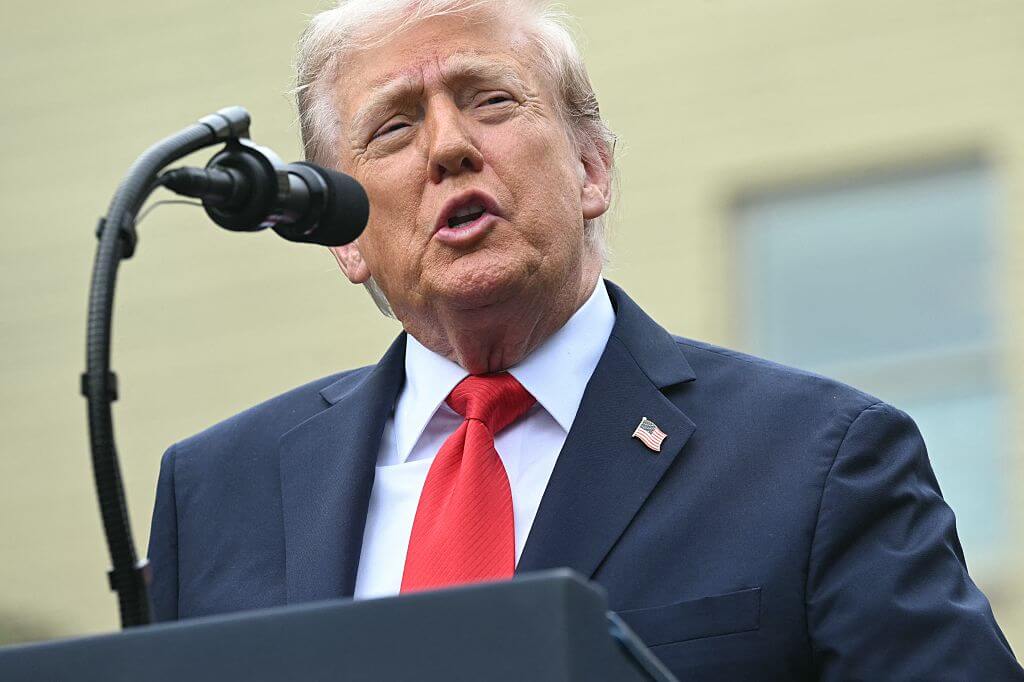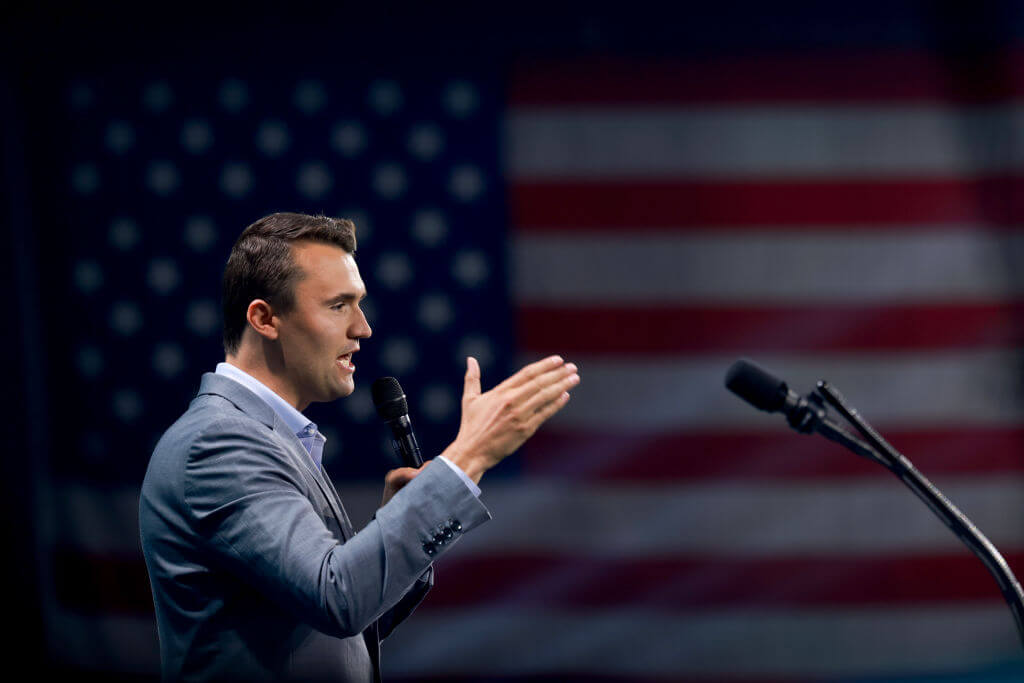Israel Strikes Gaza Targets After Rockets Fired

Image by Getty Images
Israel said militants fired rockets from Gaza on Tuesday in violation of a truce and that it struck back with attacks in the Palestinian enclave, fighting that put talks in Cairo on a long-term ceasefire in jeopardy.
An Israeli official said Prime Minister Benjamin Netanyahu ordered his negotiating team in Egypt to return home. But there was no word from Israel whether the move spelled the collapse of indirect talks with the Palestinians on ending the Gaza war and charting the territory’s future.
Three rockets struck southern Israel, near the city of Beersheba, the military said, nearly eight hours before a ceasefire – extended by a day on Monday – was due to expire.
There was no immediate claim of responsibility for the attack, which the military said caused no casualties or damage. Sami Abu Zuhri, a spokesman for Hamas, the dominant movement in the Gaza Strip, said it had no knowledge of any rockets being fired.
“This rocket attack was a grave and direct violation of the ceasefire,” said Mark Regev, a spokesman for Netanyahu. A military spokesman said that in response to the salvoes, “terror targets across the Gaza Strip” were attacked.
A Reuters correspondent saw an Israeli aircraft fire a missile east of Gaza City and smoke rising from the area. Other witnesses said there were several air strikes in the area.
Two children were wounded, hospital officials said, and the Israeli attacks spurred a new exodus of dozens of Palestinian families who had fled previous fighting and returned home only days ago.
Egyptian mediators have been struggling to end the five-week-old Gaza conflict and seal a deal that would open the way for reconstruction aid to flow to the territory of 1.8 million, where thousands of homes have been destroyed.
The Palestinians want Egypt and Israel to lift their blockades of the economically-crippled Gaza Strip that predated the Israeli offensive launched on July 8 after a surge in cross-border rocket fire by Hamas.
The Palestinian Health Ministry put the Gaza death toll at 2,016 and said most were civilians in the small, densely populated coastal territory. Israel has said it killed hundreds of Gaza gunmen in the fighting. Sixty-four Israeli soldiers and three civilians in Israel have been killed.
Before the latest flareup, Azzam al-Ahmad, senior leader of President Mahmoud Abbas’s Fatah movement, said there had been “no progress on any point” in the negotiations, in which Israel has said ensuring its security was its paramount concern.
Earlier, in Cairo the chief Palestinian delegate to the indirect negotiations with Israel cautioned that violence could erupt anew if the talks failed.
Israel, like Egypt, views Hamas as a security threat and wants guarantees any removal of border restrictions will not result in militant groups obtaining weapons.
“We hope that every minute of the coming 24 hours will be used to reach an agreement, and if not (successful), the circle of violence will continue,” Ahmad said before hostilities resumed.
ELUSIVE DEAL
A senior Palestinian official in Gaza said sticking points to an agreement in the Cairo talks have been Hamas’s demands to build a seaport and an airport, which Israel wants to discuss only at a later stage.
Israel has called for the disarming of militant groups in the enclave. Hamas has said that laying down its weapons is not an option and has blamed Israel for talks faltering.
Punctuated by several temporary ceasefires, the scale of fighting had diminished greatly since Israel pulled its ground troops out of Gaza two weeks ago and had seemed there was little appetite on either side for the war to drag on.
However, Netanyahu said on Monday the Israeli military was prepared to take “very aggressive action” if shooting against Israel restarted.
Israel and Hamas have not met face-to-face in Cairo, where the talks are being held in a branch of the intelligence agency, with Egyptian mediators shuttling between the parties in separate rooms. Israel regards Hamas, which advocates its destruction, as a terrorist group.


